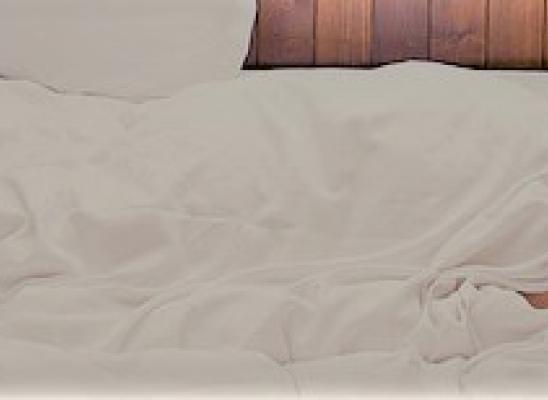The Wuppertal Skin Picking Inventory (W-SKIn): A new questionnaire to capture skin picking in its entirety
Online test
Find out the severity of your symptoms with this free online test
This is a guest post by a research team from the University of Wuppertal in Germany, who are
conducting a survey about a new questionnaire related to Skin Picking.
In 2013, pathological skin picking has gathered the status of a specified diagnosis in the diagnostic manual of the American Psychiatric Association. This important step has fostered new psychological research on skin picking. More and more clinical psychologists now initiate research projects that shall help to better understand skin picking behaviors and, as result, improve treatment options for skin picking.
Together with the German skin picking self-help collaboration, our clinical psychology research group at the University of Wuppertal in Germany contributes to this development, for example with questionnaire development. At the moment, there are already some good questionnaires that examine the severity and impact of skin picking. However, we identified a serious lack of questionnaires that also focus on possible backgrounds and triggers of skin picking in a sufficiently detailed way. So, it is hard to assess skin picking in its entirety and paint a holistic picture on the basis of the existing assessment instruments.
Therefore, our research group aimed at creating a questionnaire that also assesses feelings, thoughts, motivations, and cues that are associated with skin picking. Together with expert colleagues and the assistance of local self-help groups, we developed a questionnaire that should assess multiple dimensions of skin picking, including antecedents and consequences: The Wuppertal Skin Picking Inventory (W-SKIn).
We then analyzed the quality of this questionnaire in a community sample of more than 1000 respondents, as well as in more than 100 people with pathological skin picking from Germany. In those first studies, we found that the new questionnaire can validly identify several particular features of skin picking, like emotional triggers, extensive thoughts about skin picking, loss of control experiences, perceived guilt, but also habits and routines.
We also found that our new scale was associated with other mental health outcomes and could reliably assess the severity of skin picking. In the future, we envision our questionnaire to be used in a clinical setting so that therapists and counsellors are able to identify personalized treatment options for people with different „skin picking profiles“, which can be assessed with our questionnaire.
Therefore, a logical next step was the translation of the German W-SKIn into an English version, to make it available to research colleagues from all over the world to increase its impact. After the translation process was finished, we started an online survey to analyze the quality of our English version.
Now, we are looking for participants with (but also without) skin picking, to take part in our survey and help us with the quality assessment. The survey consists of questions about skin picking, mental health, but also about attitudes and personality. It will take approximately 20 minutes to fill in the questionnaires.
The collected data will be saved anonymously and there will be no possibility to track it back to you. Also, participation is of course voluntary. You can also indicate if you are interested in receiving further information on the results of this study at the end of the survey.
As a little thank-you-gift, you will have the opportunity to take part in a raffle to win one of ten Amazon gift cards worth 23$.
You can start the survey here: https://www.soscisurvey.de/skin-english
We are glad about everyone who contributes to the research and helps us psychologists to gather a better understanding of skin picking to improve the treatment options.
Dr. Jennifer Schmidt & Julian Voehringer
Online test
Find out the severity of your symptoms with this free online test
Start your journey with SkinPick
Take control of your life and find freedom from skin picking through professional therapy and evidence-based behavioral techniques.
Start Now



